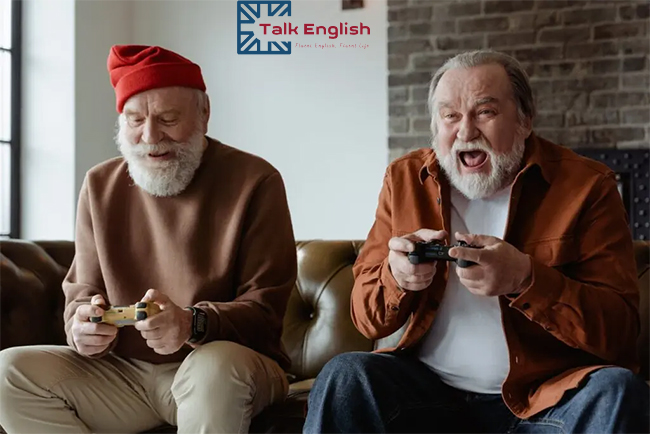Có Bao Nhiêu Cách Khác Nhau Để Sử Dụng Từ "Thing" trong tiếng Anh
Actions, events, thoughts or statements
When used figuratively, it can refer to activities and ideas.
Like~ / Similar to~
It can also be used casually to say the subject of a sentence is similar or related to something.
In the example above, instead of saying specifically what the object is, B simply says that it is somehow related to massages. This usage is common for communicating an idea quickly without giving detailed information.
This is closely related to the word "thingy." Just like above, it's useful for casual, vague statements.
There's also the strange word "thingamajig"! This is only used in very casual conversations.
The difference between this and "thingy" is that "thingamajig" usually refers to some kind of machine or device that is difficult to explain.
Idioms using “thing”

Next, let's look at some idioms that use "thing." There are quite a few!
The thing is … / Here’s the thing …
This expression means "Actually," and is often used to introduce information, especially if it is sensitive or unfortunate.
A thing or two
This is a casual way to talk about knowledge of or experience with something.
Have a thing for
If you "have a thing" for something or someone, it means you like it/them.
Do one’s own thing
This expresses the attitude of doing what you want without worrying about the opinions of others. It can have a positive or a negative nuance, depending on the situation.
Sure thing
This is an informal way of saying "Of course."
My thing / Our thing
This refers to something that you are good at or that you enjoy.
On the other hand, "our thing" refers to a custom or regular event that people share.
Modern uses of “thing”

A trend or fad
If something is "a thing," it is very popular at a particular time.
It can also mean that something is common or usual.
A romantic relationship
If a couple are in a relationship, you can say they are "a thing."
TIN TỨC LIÊN QUAN
Từ vựng tiếng Anh phổ biến liên quan tới Game
Bạn có biết rằng ngành công nghiệp trò chơi điện tử lớn hơn cả ngành công nghiệp điện ảnh và âm nhạc cộng lại ...
Cụm từ Tiếng Anh Thương Mại Có Nguồn Gốc Từ Thể Thao
Bạn có biết rằng nhiều cụm từ tiếng Anh thương mại có nguồn gốc từ thể thao không? Chúng rất hữu ích để giải t...
13 câu nói động viên tiếng Anh phổ biến trong tiếng Anh
Bạn đã bao giờ muốn nói điều gì đó để động viên một người bạn đang trải qua thời kỳ khó khăn, một đồng nghi...



